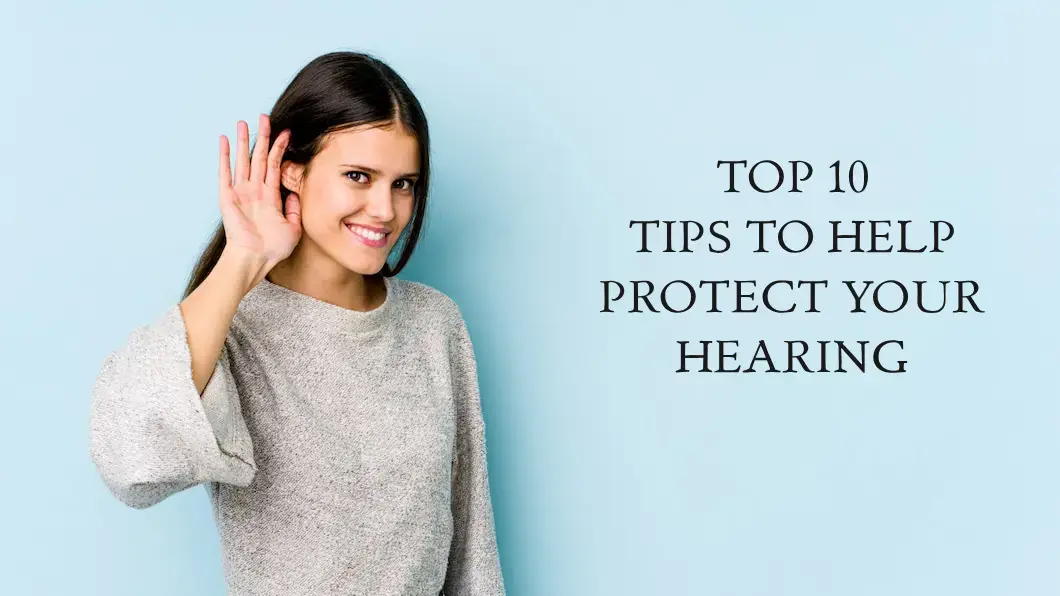Hearing loss can frequently be avoided through the consistent use of earplugs, regular physical activity, responsible medication usage, and the acceptance of other practices that promote ear health.
Approximately 15% of the American population experiences varying degrees of hearing loss, with the highest incidence found among individuals aged 60 to 69. By taking proactive measures today to safeguard your hearing, you can minimize the likelihood of hearing loss as you age.
Keep reading to acquire advice on preserving your hearing and ear health, as well as information on reaching out to Lompoc Valley Medical Center should you or a family member require specialized care for ear, nose, and throat conditions.
Use Earplugs in Noisy Environments
Prolonged exposure to loud sounds, like those produced by power tools, concerts, lawnmowers, firearms, and airplanes, can contribute to gradual hearing loss, especially with repeated exposure. To safeguard your ears and lower the risk of hearing impairment, wear earplugs in settings where loud noises are prevalent. Seek advice from your employer or an otolaryngologist (ear, nose, and throat specialist) to find the most suitable earplugs for your specific environment.
Maintain Dry Ears
It’s essential to dry your ears thoroughly after swimming or showering to prevent moisture build-up, which can create an environment for bacteria and impact your ear health, potentially leading to hearing issues.
Conditions like otitis externa can develop when water becomes trapped in the ear, affecting the outer ear. If you sense water in your ears, tilt your head in the direction of the affected ear and gently shake the earlobe to eliminate the water.
For swimmers, custom-fit earplugs are a valuable option to consider. They effectively block water from entering the ears, providing added protection during water activities.
Lower the Volume
Excessive exposure to loud music, particularly with earbuds positioned close to your eardrum, can harm your hearing. When watching TV or enjoying music at home or in your car, keep the volume at a reasonable level. Additionally, contemplate using over-the-ear headphones as an alternative to earbuds, as they provide greater separation between your eardrums and the audio from portable devices.
Manage and Reduce Stress
Raised stress and anxiety levels have been linked to conditions such as tinnitus. Stress typically triggers the body’s fight or flight response, preparing it to confront or escape from potential threats. These responses subject your nerves to added pressure, increase body heat, and boost blood flow. The increased pressure can significantly impact your inner ear, potentially leading to tinnitus.
While it may be challenging to entirely eliminate stress, it’s crucial to remain attentive and seek prompt solutions to lessen stressful situations.
Prioritize Regular Checkups
As hearing-related issues tend to progress slowly, it is advisable to schedule routine ear checkups. Consulting with a medical professional enables early symptom detection and the implementation of remedies that can mitigate the severity of hearing loss.
It’s crucial to recognize that regular checkups can also help reduce the severity of conditions like dementia, heart disease, and depression.
Neglecting your hearing health may lead to infections and, in the worst cases, permanent hearing loss. Taking proactive steps to protect your hearing health is essential, so don’t wait for medical intervention; take charge of enhancing your overall well-being. Enhance your auditory health with Cortexi‘s natural formula. Improve Your Hearing Health Naturally with Cortexi.
Read More: How does Volumil Formula work? | What is Cerebrozen?

